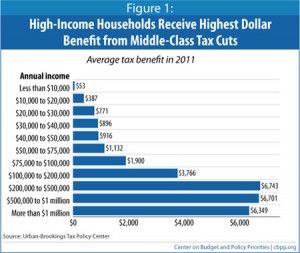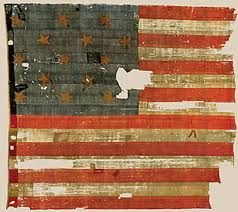I see the Democrats are finally beginning to understand that the key to winning is the need to frame their own message. It’s about time:
“The Obama tax cuts for the middle class”
Call them “the Obama tax cuts for the middle class.”
Top Democratic leaders in the House are discussing using that phrase to rebrand President Obama’s proposed extension of the Bush tax cuts for those making less than $250,000, senior leadership aides tell me.
The use of the phrase has the informal support of Nancy Pelosi and Majority Whip James Clyburn, and Pelosi has used the phrase in private meetings, leadership aides tell me. Rank and file House Dems are privately discussing the phrase. Top Senate aides also like the idea.
Right on. Take the bull by the horns and start taking the credit for the really good ideas. Don’t even mention the name of that President who initiated those cuts that will benefit the middle class if they are extended. Only invoke his name for the deficit inflating cuts for the wealthiest. Remind voters that even the middle class tax cuts will still benefit the rich.
Keeping money in the hands of people who will spend it one of the best ways to stimulate the economy. The House and Senate Democrats on the campaign trail need to make this their top message as a way to stimulate job growth and the economy which will reduce the deficit even further. Take back the word “stimulus” as a positive part of that message.
Make “The Obama Tax Cuts the message” the Democratic message.
Cross posted @ GOS



Recent Comments